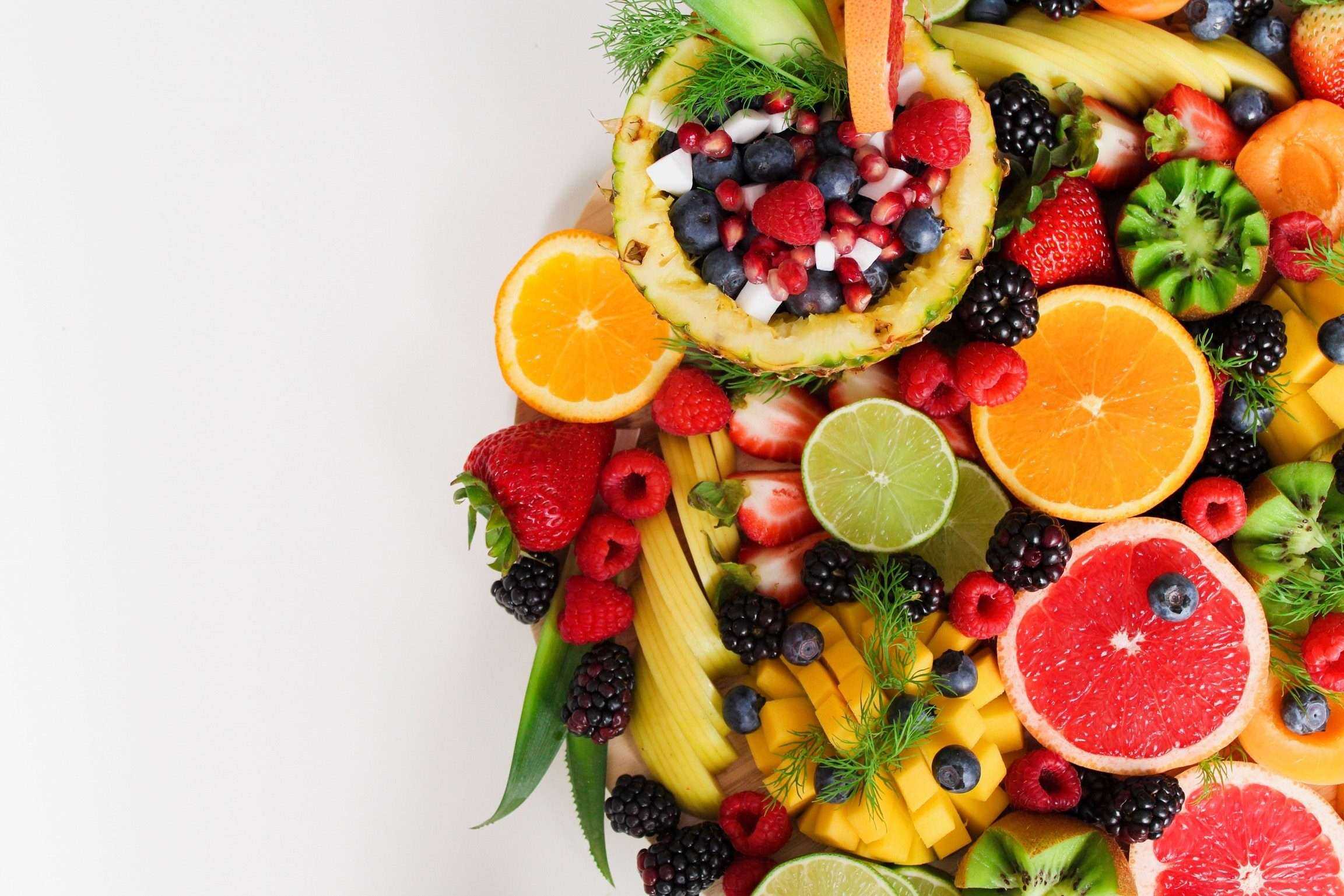BY NOEL CUNNINGHAM
Now that quarantine and self-isolation are in full effect, most of us have no option but to stay home for our own safety while trying to get through this unprecedented time.
These days are filled with uncertainty, fear and bad news all around. Every news channel or social media post is pretty much the same as it relates to the coronavirus, which makes anxiety levels high, creates fragmented sleep or unusual sleep schedules.
Stress causes most people to sleep, while others will lose their night rest. Research shows that consistently getting seven to eight hours of sleep per night is beneficial for adults. Any more or less can increase your risk for serious conditions like obesity, diabetes, cardiovascular disease and hypertension.
I’m a late sleeper going to bed 1 am or 2 am; but now with isolation, I’m going to bed 4 and 5 am still waking by 9 am then I might go back for another hour or two. Not only is my sleeping pattern messed up but I’m not getting my full 8 hours of rest. I’m up seeing everyone posting why sleep forsakes them, where is sleep or some people promoting team no sleep. Then I realized this is affecting everyone and not just me. So, the chef in me wants to share foods and tips that can help us sleep better during this pandemic for a healthy mind and body.
Here are the best foods and drinks to help sleep:
Foods that are rich with calcium. The best foods to eat for insomnia include Jasmine rice, fish, whole grains, and yoghurt. Studies have shown that calcium deficiency may lead to insomnia. Other foods that supply calcium include tofu, almonds, sesame seeds, and herbs.
Dairy
Warm milk is a popular home remedy for sleeplessness. Milk has four sleep-promoting compounds: tryptophan, calcium, vitamin D, and melatonin. Dairy foods contain tryptophan, which is a sleep promoting substance. Other good sources include nuts and seeds, bananas, honey, and eggs.
Kiwi fruit
Eating Kiwi 1 hour before bedtime for 4 weeks improved total sleep time and sleep efficiency. kiwi is beneficial for sleep because the fruit has many sleep-promoting compounds including:
- Melatonin
- Anthocyanins
- Flavonoids
- Carotenoids
- Potassium
- Magnesium
- Folate
- Calcium
Chamomile tea
Chamomile tea is popular for its calming properties. The herb chamomile is a traditional remedy for insomnia. Researchers think that a flavonoid compound called apigenin is responsible for chamomile’s sleep-inducing properties.
Walnuts
Walnuts contain a few compounds that promote and regulate sleep, including melatonin, serotonin, and magnesium.
Tart cherries
Cherries are rich in four different sleep-regulating compounds: melatonin, tryptophan, potassium, and serotonin. Researchers speculate that antioxidants called polyphenols in tart cherries may also influence sleep regulation. Tart cherries also make a good snack before bed because they are rich in fibre, vitamin C, and vitamin E.
Fatty fish
Fatty fish may help improve sleep because they are a good source of vitamin D and omega-3 fatty acids, two nutrients that help regulate serotonin. Serotonin is largely responsible for establishing a fixed sleeping and waking cycle. Fatty fish are typically also high in a few other sleep-promoting nutrients. For example, a 3-oz fillet of wild Atlantic salmon contains:
- Potassium
- Magnesium
- Phosphorous
- Zinc
- Vitamin B-12
- Folate
- Calcium
Lettuce
Lettuce and lettuce seed oil may help treat insomnia and promote a good night’s sleep. Some people claim that lettuce has a mild sedative-hypnotic effect. In a 2017 study, researchers concluded that lettuce not only increased sleep duration in mice but that it also protected cells against inflammation and damage resulting from stress during sleep disturbances.
Some lifestyle and diet choices can also help improve sleep and a person’s sleep cycle. These include:
- Avoiding foods that can cause heartburn, such as spicy or rich foods
- Avoiding foods and drinks that contain caffeine close to bedtime
- Choosing whole-grain foods in place of white bread, white pasta, and sugary foods
- Avoid skipping meals
- Staying hydrated
- Exercising regularly
- Finish eating more than 2–3 hours before bedtime
Note
Most potentially sleep-promoting foods are nutritious and unlikely to cause harm, so they should be safe for anyone without allergies to enjoy in moderation. To get the potential benefits of some sleep-promoting foods, try eating them a few hours before bed to reduce the risk of indigestion and acid reflux.

